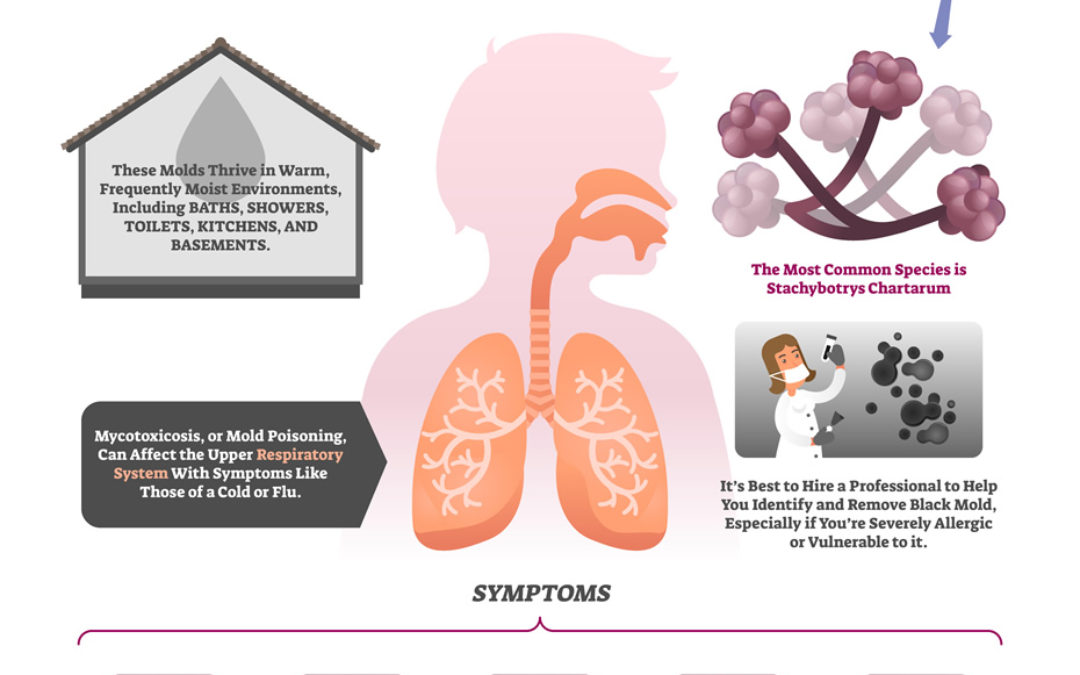Mold Testing
To begin with, if you have any suspicions your home may have mold it’s a good idea to have a mold test by a certified inspector. It can be hidden in walls, wallpaper or paneling. It can be invisible, lurking ehind ceiling tiles or in carpet and pads, or especially around pipes that have condensation or could be leaking. Do you or anyone in your family notice a moldy smell? What about visitors? (If the onset was gradual, you may not even notice it.) Chances are it’s there whether you can see it or not, and it can have serious effects on the health of you and your family.
Usually, if visible mold growth is present, sampling is unnecessary. There are no EPA limits on mold or mold spores. A surface sample can be helpful when determining if an area has been properly remediated, and sampling should be conducted by professionals with experience in sampling and interpreting results.
Should I Investigate Hidden Mold Problems Myself?
A professional should be retained to investigate, as access to some areas can be challenging and, more importantly, disturbing an area could cause a huge release of spores from a porous material, worsening an already bad situation.
Can I just by a home mold test kit from a home improvement store and do it myself?
The EPA (Environmental Protection Agency) has this to say: “Sampling for mold should be conducted by professionals who have specific experience in designing mold sampling protocols, sampling methods, and interpreting results. Sample analysis should follow analytical methods recommended by the American Industrial Hygiene Association (AIHA), the American Conference of Governmental Industrial Hygienists (ACGIH), or other professional organizations.”
The Do It Yourself Kits are often inaccurate due to sampling errors. A false negative or false positive can cost you money. Having a professional certified in mold testing is always best. In addition, virtually every home has some mold and the results from a DIY petri dish will just tell you it exists. You need more detailed results to arrive at a plan of action.
What Happens During a Professional Mold Inspection and Testing?
They begin in a similar way to a home inspection. A non-invasive visual look at the home both inside and out along with all the components, paying particular attention to HVAC, Plumbing, Roofs and the exterior of the home. Mold testing involves air sampling and analysis by a certified laboratory. Samples will be taken and the inspector will take care to be aware of environmental conditions that can affect the results like fluctuating temperatures, rain, snow or wind.
The best way to deal with mold is to prevent it to begin with. After your inspection and testing, your certified Peach State inspector can go over the results with you and come up with a plan of action, as well as give you action steps to prevent further mold. For a discussion of some of these steps, check out our blog Mold in the Home and What To Do About It You can also take a look at There’s a Moisture Problem in My Basement. What Do I Do Now?
As always, if you have any questions or need to schedule mold testing or a full home inspections, contact Peach State Home Inspections today at 404-590-7836 or fill out the convenient form here:

